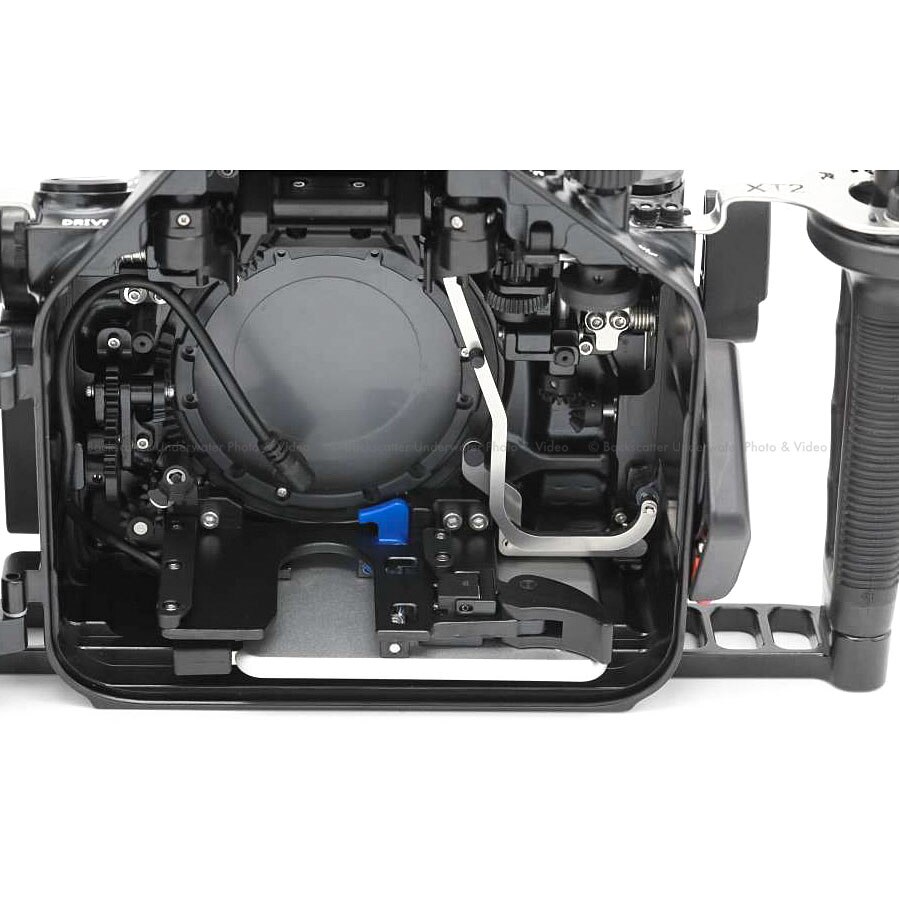

Why was this critical? By the time the technology became law, the FCC requirement had been in place for years, meaning that any radio purchased in the last seven or eight years is almost certainly DSC-compliant. The piece fell fully into place in February 2009, when DSC compliance became the international standard, required by law by the International Telecommunication Union (ITU). That piece came close when the Federal Communications Commission (FCC) required that digital selective calling (DSC) protocols be included in all new VHF radios. The idea was one on which Lever worked for years, but the final piece that would bring all boats together eluded him. The revelation became the idea behind the Nautilus Lifeline. If the diver can use that to communicate in real-time with boats in a given area, the odds of him being picked up quickly are exponentially improved.”

“Almost every commercial boat on the water has a VHF radio. Lever’s eureka moment occurred when he finally asked himself one very simple question: What is common to virtually every commercial boat in the world? Transmissions to satellites created a delay that rendered the information useless by the time it was received. Transmitters sending signals to a base unit severely restricted potential options because not every boat able to render assistance would receive the signal. Lever spent years examining potential solutions to lost-diver scenarios, yet every one of them fell short. If the diver is able to signal the boat, it’s an easy fix. Maybe a diver is just 100 feet from the stern, but the seas are a bit too bumpy to see him or a current too strong for him to fight. “When it does, it’s usually the result of something painfully simple. “I know that despite all the best intentions, stuff happens,” said Lever. Lever is relentless when it comes to safety, yet the thought of leaving a diver behind keeps him awake at night. Its inventor is Mike Lever, a liveaboard boat captain with more than 19 years experience running operations in the sometimes-challenging conditions of British Columbia and offshore Pacific islands. But in November 2010, a revolutionary new safety product was introduced to the market that offers divers the ability to send a GPS-specific distress signal and stay in two-way contact with responding boats. In the Summer 2010 issue of Alert Diver, we looked at all of the surface signaling options available to divers. Nautilus Lifeline, a diver safety device that incorporates a waterproof VHF radio and GPS locator, being tested in the waters off Key Largo, Florida


 0 kommentar(er)
0 kommentar(er)
